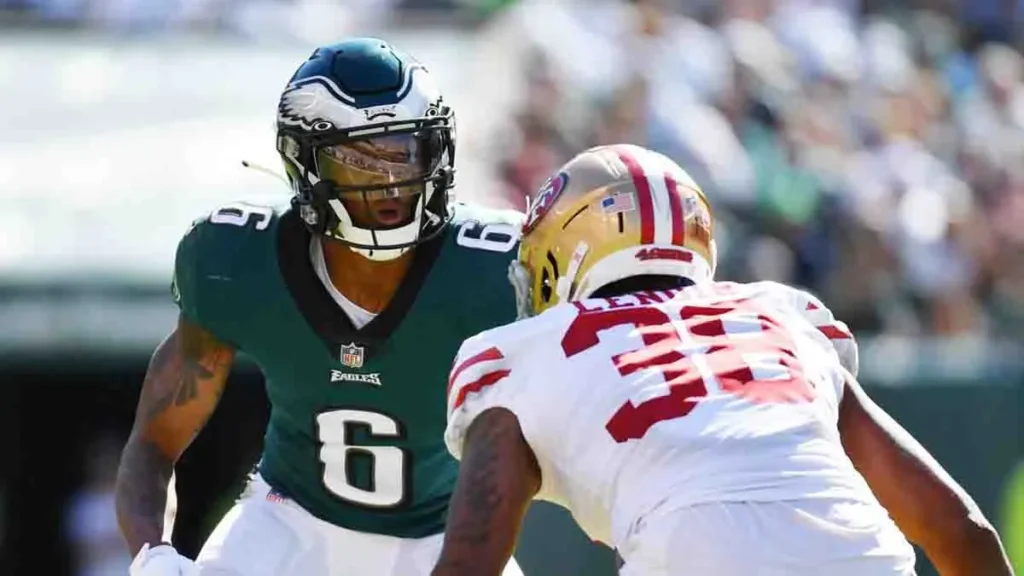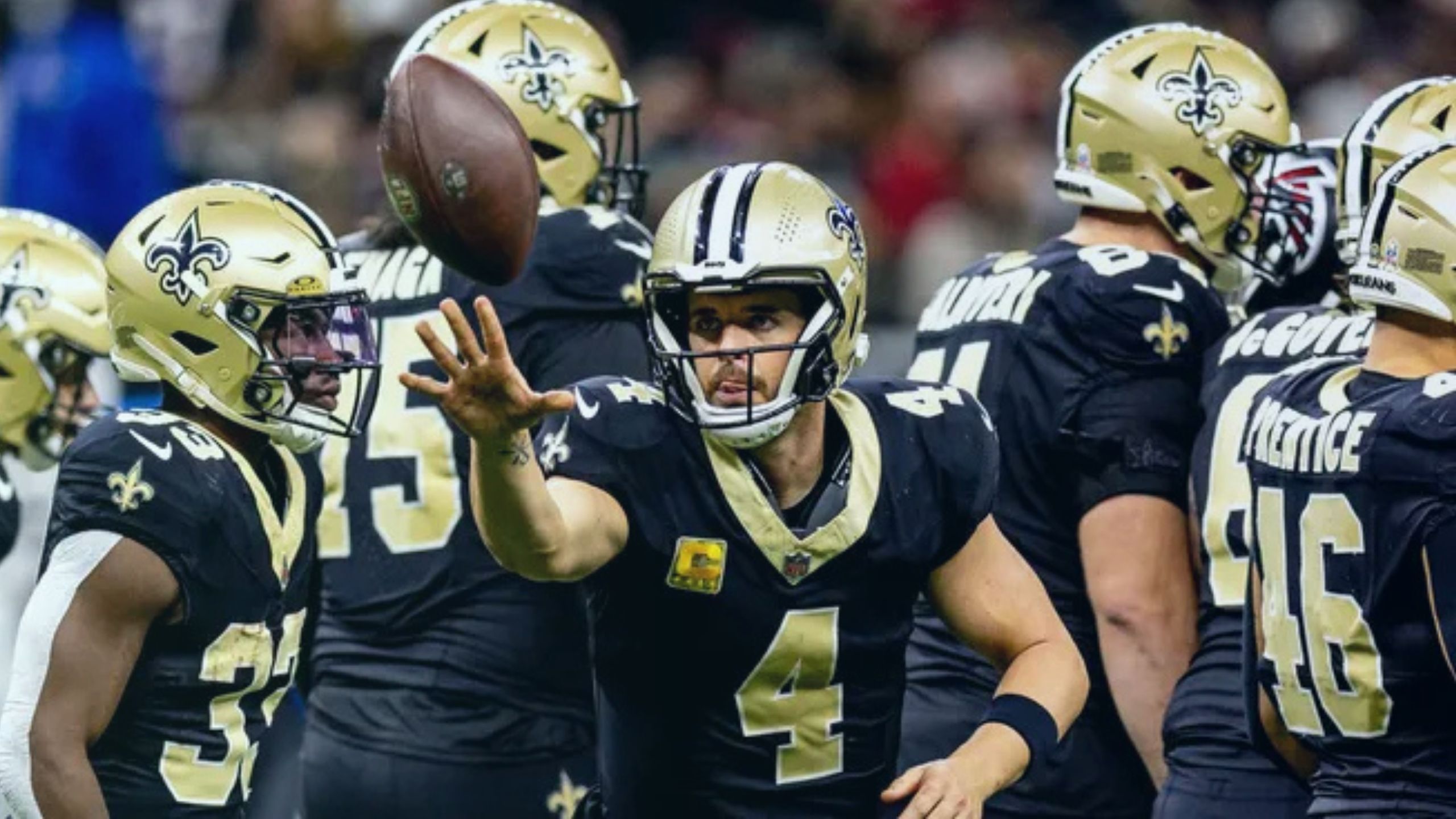
The Eagles and 49ers built their rosters through a combination of the following methods:
Drafting: Both teams have relied heavily on players they’ve selected in the NFL Draft to build their roster. The draft allows teams to add young, talented players at a relatively low cost.
Free agency: Both teams have also signed veteran players in free agency, allowing them to quickly fill roster holes and add experienced players.
Trades: Both teams have made trades to acquire additional players and assets.
Re-signing key players: Both teams have re-signed key players to long-term contracts, ensuring that they can keep key contributors on their roster for several years.
Developing players: Both teams have a strong track record of developing players and maximizing their talent through coaching and scheme adjustments.
In terms of specific player acquisitions, some notable moves include:
Eagles: Trading up to draft Carson Wentz in the 2016 NFL Draft, signing free agent Alshon Jeffery in 2017, acquiring Pro Bowl running back Jay Ajayi in a mid-season trade in 2017.
49ers: Trading for Dee Ford in 2019, signing free agent Richard Sherman in 2018, drafting Nick Bosa with the 2nd overall pick in the 2019 NFL Draft.
Both teams also made key coaching changes and staff hires to build their championship-contending rosters.
Additionally, both teams have emphasized building strong offensive and defensive lines, which is often a key factor in playoff success. The Eagles have a strong offensive line led by Pro Bowlers Brandon Brooks and Lane Johnson, while the 49ers have a dominant defensive line anchored by Bosa and Ford.
Both teams have also built deep rosters with strong contributions from role players and reserves, giving them the depth needed to withstand injuries and remain competitive throughout the season.
In summary, the Eagles and 49ers built their rosters through a combination of smart drafting, targeted free agency signings, trades, re-signing key players, developing players, coaching changes, and a focus on building strong lines on both sides of the ball.
Other factors that have contributed to their success include:
Smart financial management: Both teams have been able to build their rosters while staying within the salary cap constraints set by the NFL, allowing them to maintain a competitive team year after year.
Strong scouting departments: Both teams have strong scouting departments that work tirelessly to identify and evaluate talent both in the draft and in free agency.
Coaching stability: Both teams have also benefited from coaching stability, with long-tenured head coaches and coordinators who have developed a strong understanding of their players and a consistent system.
Culture: Both teams have established winning cultures with a focus on player development, teamwork, and a relentless pursuit of excellence.
Overall, the Eagles and 49ers’ success can be attributed to a combination of smart roster-building strategies, strong scouting and player evaluation, effective financial management, coaching stability, and a winning culture.
Another important aspect of their success has been their ability to adapt and evolve their systems and gameplans over time. Both teams have shown a willingness to take risks and try new things, whether that be in their schemes, personnel decisions, or game management. This has allowed them to stay ahead of the curve and consistently remain competitive in a constantly changing NFL landscape.
Both teams have also placed a strong emphasis on player development, working to improve their players’ skills and abilities both on and off the field. This has allowed them to get the most out of their roster and field a competitive team year after year.
In conclusion, building a championship-contending roster is a complex and multifaceted process that requires a combination of smart decisions, effective player evaluation, strong coaching, financial discipline, and a winning culture. The Eagles and 49ers have been able to successfully execute on these key factors, resulting in their current success and a trip to the NFC Championship game.










